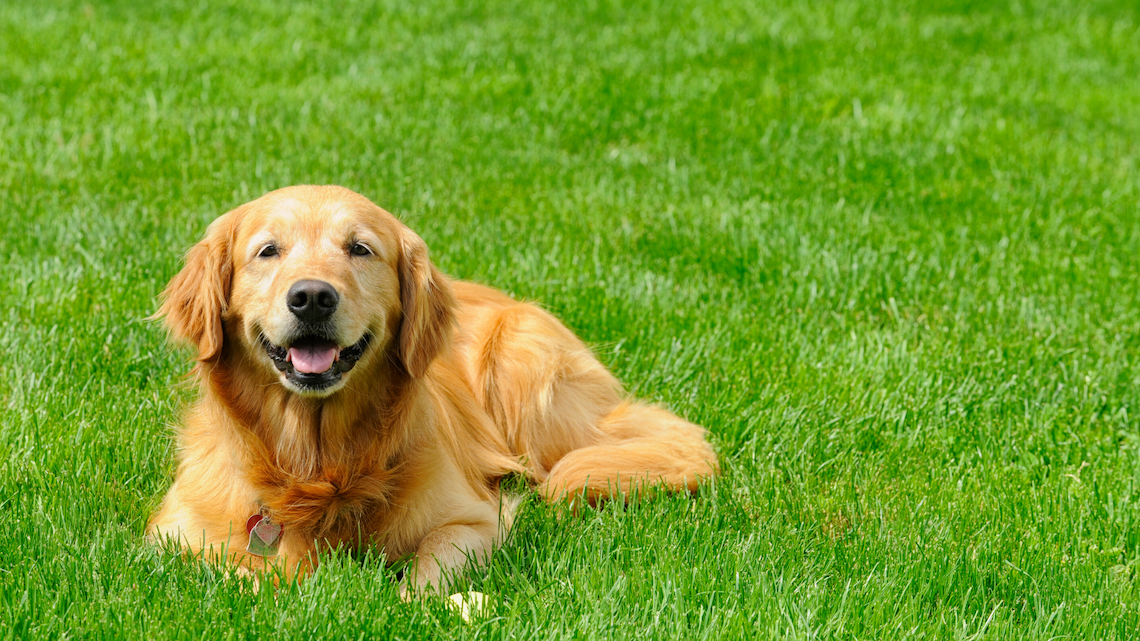29 Mar The Dangers Of Dog Poop In Your Lawn
Even people that love their dogs like children, could generally live without the chore of picking up the poop when the deed is done. This chore can be even more taxing if the homeowner doesn’t own dogs, and the messes are the result of someone else not picking up after their pup. Either way, not dealing with the waste can have serious effects on both your lawn and potentially even your health.
Bacterial & Viral Content
Dog poop has millions of bacterial and viral components that can pose a risk to that dog and others, as well as to humans. Some of the organisms present in dog poop include several varieties of worms, giardia, coccidia, parvovirus, coronavirus, salmonella, e. coli, and campylobacteriosis.
Parvovirus is extremely dangerous and can even be fatal to dogs. Pests like worms, giardia, salmonella, and e. coli can even be transmitted to humans, causing serious illnesses. These organisms are best prevented by promptly disposing of the waste, as they can survive outside for some time.
Dog Poop Attracts Pests & Vermin
In addition to the microscopic travelers that are on and in dog poop, there are countless other pests and vermin that are attracted to the poop, or to the things that are attracted to the poop. This starts with flies and can often include small omnivores like mice and other rodents. These animals can often carry risks and diseases of their own, compounding potential exposure risks.
It Destroys The Appearance Of Your Lawn
Leaving dog poop on the lawn for extended periods can result in physical damage to your lawn. This only starts with the very obvious appearance of dog poop sitting on your lawn for extended periods. It can eventually begin to yellow your lawn in the spots where it sits, and the longer it sits the more damage it does, eventually killing the grass in the most common spots.
How To Minimize The Dangers
While the biggest solution is probably just to pick up the waste, there are some other solutions for those that either doesn’t have the time, ability, or want to deal with the mess.
- Scooping the messes when they happen takes a lot of burden off of “future you”. It’s also the cheapest and quickest way to address the issue.
- Using diatomaceous earth can minimize the number of parasites and pests that result from pet waste.
- Less eco-friendly alternatives to diatomaceous earth include chemicals and pesticides that can be sprayed on the lawn, though these may have safety risks for pets.
- For those that don’t have a convenient place to dispose of the poop, installing an in-ground digester may be a simple solution, though it will have a slightly larger price tag than other methods.
- Be sure to keep your pup away from other dogs’ feces, particularly in public areas like the dog park.
Lean On Professionals
Sometimes, for whatever reason, it’s easier to lean on a local professional to help you with the yard cleanup. If the problems are still relatively “fresh” there are pickup services that you may be able to rely on consistently.
However, if the problem has had time to age, you may be seeing the effects and damage that it’s done to your yard, in which case you may want to have a lawn care professional come out to see if other methods can be used to rehabilitate your lawn.
